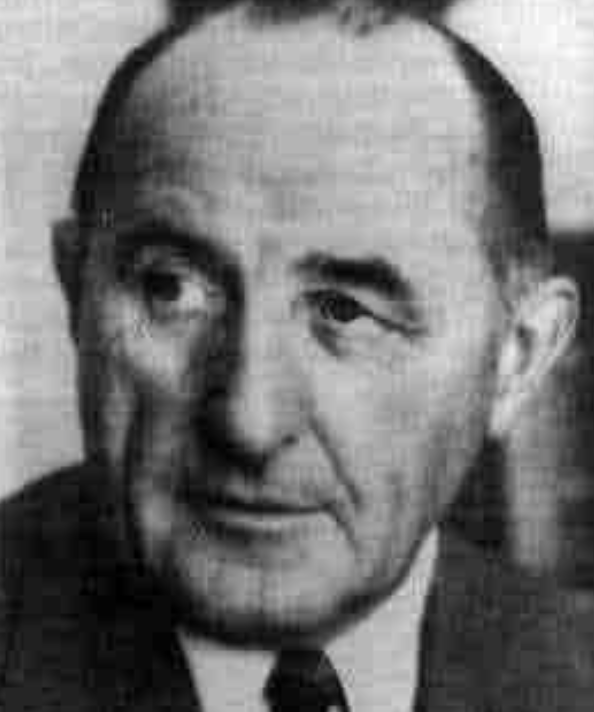
Carl Ludwig Siegel was born on December 31, 1896, in Berlin, Germany. He entered the University of Berlin in 1915, in the midst of World War I, and was fortunate to attend lectures by some of the outstanding number theorists of that era. Reflecting on the special attention given to students who were perceived as having high potential, he stated:
By conducting [beginners’ classes] personally the professors could see, after only a few lectures, which of the students were the more gifted by the work they handed in, and the professors could direct their work accordingly. This was the way I myself first came into contact with my teachers, Frobenius and Planck.
In 1917, Siegel was conscripted by the German army for military service in World War I. A short time later, his inability to adapt to military life resulted in his discharge from the army, representing a win for both the army and the mathematical community. At the end of the war in 1919, Siegel continued his studies at the University of Göttingen, where he wrote his doctoral dissertation under the supervision of Edmund Landau. This dissertation, completed in 1920, was later described as a “landmark in the history of Diophantine approximations.” Building on the work of Liouville and Thue, he was able to establish that under certain conditions, there are only a finite number of rational numbers that are within a particular distance from a given rational number.
Throughout his career, Siegel held various academic positions, including a professorship at the University of Frankfurt to which he was appointed in 1922. During the period from 1940 to 1951, he fled the Nazi regime and was employed at the Institute for Advanced Study in Princeton, New Jersey, where he collaborated with other distinguished mathematicians. He returned to Germany in 1951.
Siegel made substantial contributions to several areas of mathematics, including transcendental numbers, Diophantine equations, number theory and celestial mechanics. His contributions to algebraic geometry earned him the prestigious Wolf Prize in 1978. He passed away on April 4, 1981, in Göttingen, Germany, never having married, but he left a left a rich legacy of research in number theory for those who followed in his footsteps.
